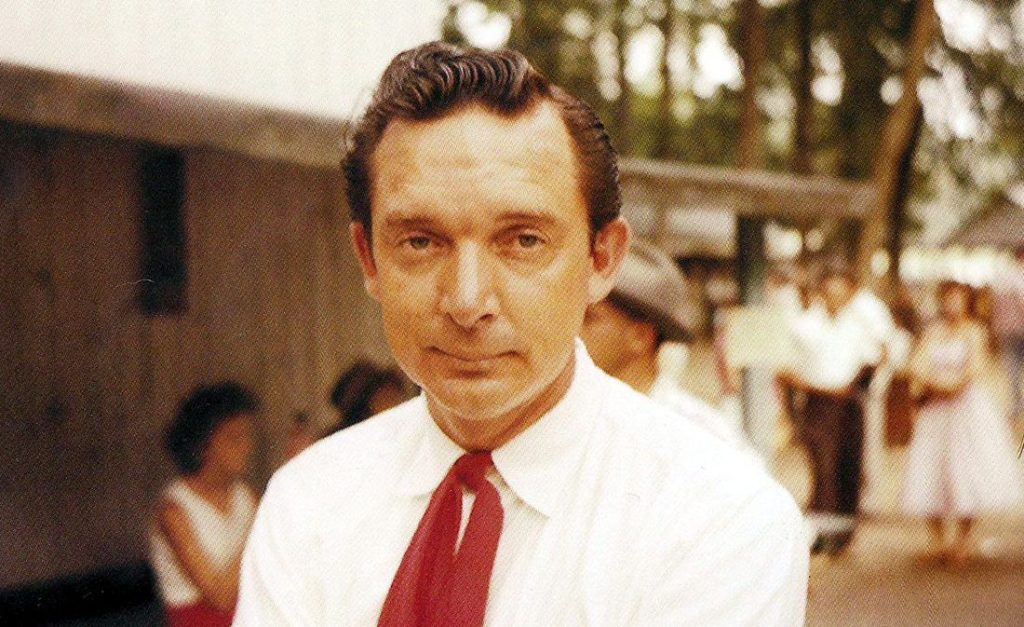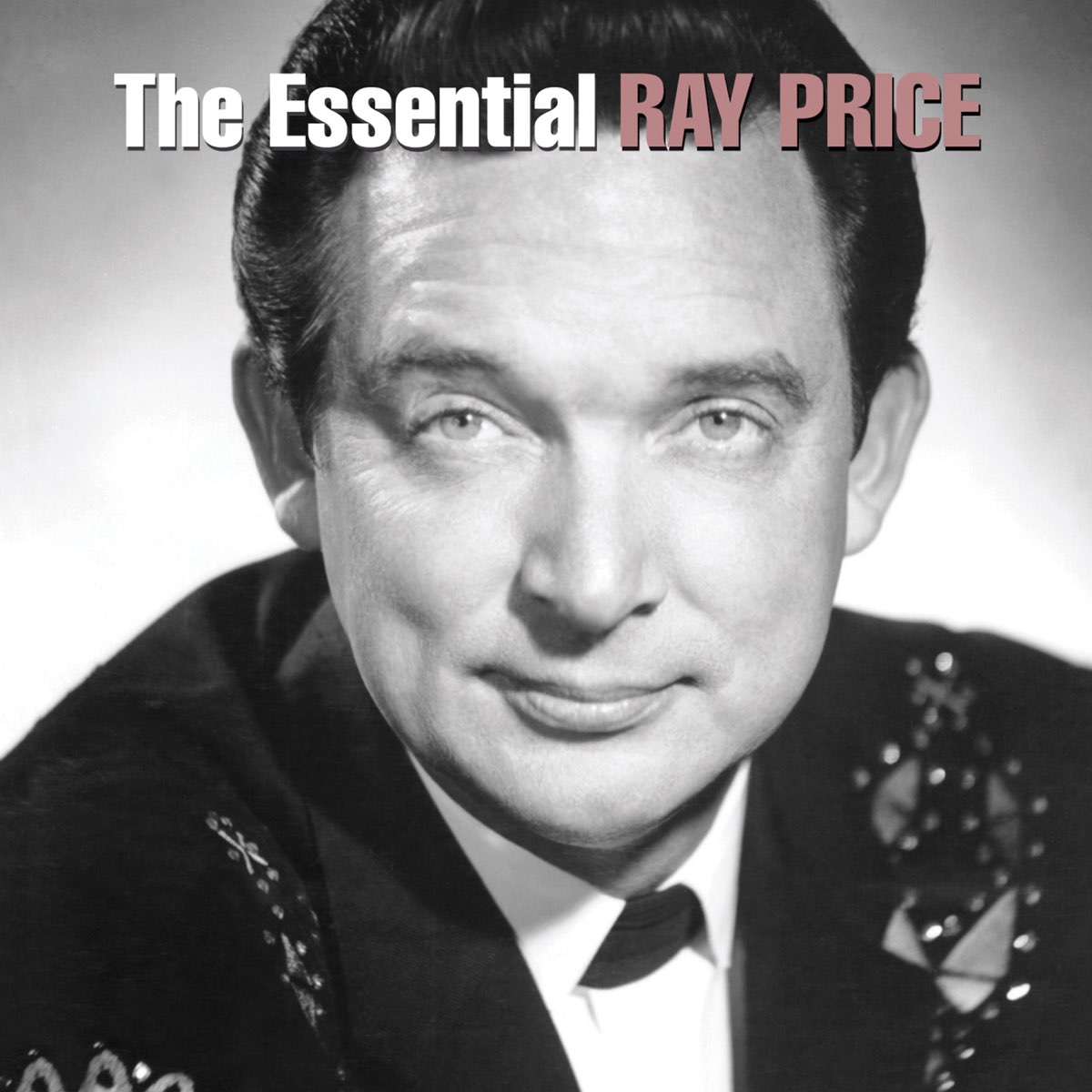
The Heartache and Solace in “Crazy Arms”
In the pantheon of classic country music, few songs resonate as deeply as “Crazy Arms” by the legendary Ray Price. Released in 1956, this timeless piece captured the aching heart of a generation and became a cornerstone in the evolution of country music. The song not only marked a significant moment in Ray Price’s illustrious career but also set a new standard for the genre with its innovative shuffle beat that would influence countless artists in the years to come.
When “Crazy Arms” hit the airwaves, it soared to the top of the charts, claiming the number one spot on the Billboard Country & Western chart for an impressive 20 weeks. This remarkable achievement was a testament to its widespread appeal and the emotional connection it forged with listeners. The song’s success was not just confined to its chart performance; it became a cultural touchstone that echoed through honky-tonks and dance halls across America, inviting people from all walks of life to find solace and understanding in its poignant lyrics.
The story behind “Crazy Arms” is as compelling as its melody. Written by Ralph Mooney and Charles Seals, the song was inspired by personal heartache and longing—a universal theme that struck a chord with many who had experienced love’s trials and tribulations. Mooney, who was going through his own marital struggles at the time, poured his emotions into the lyrics, crafting a narrative that spoke to the pain of unrequited love and the yearning for comfort.
At its core, “Crazy Arms” is a song about loss and desire. It tells the story of someone grappling with the end of a relationship, feeling adrift without the embrace of their beloved. The titular “crazy arms” symbolize both the physical and emotional turmoil that comes from longing for someone who is no longer there. This metaphor captures the essence of heartbreak—how it can make one’s very being feel out of control, driven by emotions that are difficult to tame.
Ray Price’s rendition of “Crazy Arms” is nothing short of iconic. His rich baritone voice conveys a depth of feeling that makes every word resonate with authenticity. It’s a performance that invites listeners to step into his world, to experience firsthand the pain and vulnerability that come with love lost. Yet, despite its melancholic theme, there’s an underlying sense of resilience in Price’s delivery—a reminder that even in sorrow, there can be strength and hope for healing.
One cannot discuss “Crazy Arms” without acknowledging its musical innovation. The song introduced what would become known as the “Ray Price Shuffle,” a 4/4 rhythm that added a distinctive bounce to traditional country music. This rhythmic shift breathed new life into the genre, paving the way for future artists to explore more dynamic sounds while still honoring country music’s roots.
For many older listeners, “Crazy Arms” serves as a powerful reminder of days gone by—a nostalgic nod to simpler times when music was a primary means of storytelling and emotional expression. It evokes memories of evenings spent listening to crackling radios or dancing under starlit skies, where each note carried with it dreams and desires shared among friends and lovers alike.
In reflecting on Ray Price‘s legacy, one cannot help but appreciate how songs like “Crazy Arms” continue to bridge generations. Its themes remain relevant today, proving that while styles may change over time, the human experience remains constant—bound by shared feelings of love, loss, and hope.
In conclusion, “Crazy Arms” is more than just a song; it’s an enduring piece of Americana that captures the heartache and resilience inherent in love. Whether you’re hearing it for the first time or revisiting it after many years, it’s impossible not to be moved by its heartfelt message and timeless melody. As you listen to Ray Price’s soulful voice croon about those “crazy arms,” you’re reminded that some stories are worth telling over and over again—because they speak to something fundamentally human within us all.
